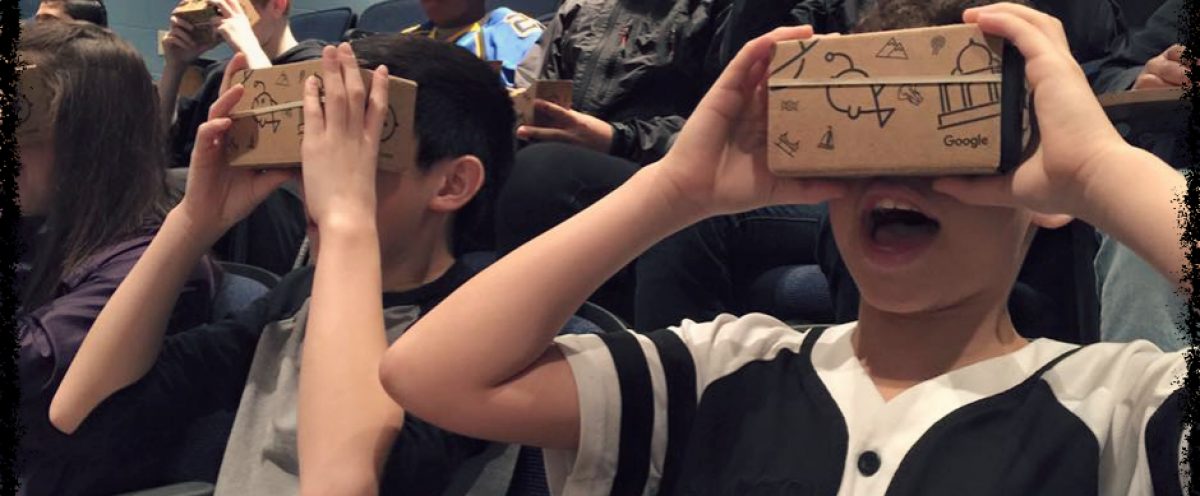
Had a minute today, between meetings, phone calls, and emails, to think about where I wanted to put my brain and thinking. One of the great parts of my job is described by Dave Burgess, “I consider it one of the most important parts of my job to constantly expose myself to the high quality thinking of other people. It challenges me, it keeps me current, and it provides me the raw resources necessary for creative alchemy.” I literally have this quote printed out and posted on the board next to me.
Keith Hannah, in our TLI department, brought PLC+: Better Decisions and Greater Impact by Design, by Fisher, Frey, Almarode, Flories, and Nagel to our attention. We all have copies and are in process of reading, reflecting, and learning.
Great thinkers ask great questions that cause learners to pause and reflect. Great questions bring one up short and demand that one pause and reflect.
With this book, I’m pausing and reflecting already.
Check out these questions for teachers. And all educators, including me.
- What is the ultimate goal of your classroom teaching?
- Why do you show up to school every day?
- Why did you become an educator?
- What makes you a great teacher?
- What is your hope for your students?
- What goals do you have for yourself as an educator?
These questions have arrived via the introduction and only the first 14 pages of the book.
Whoa.
The premise of the book, as I understand it so far, is that PLC work has been great. However, the authors contend, and it sure makes sense to me, “We believe that you, the teacher, have been missing from the professional learning community. We don’t mean your attendance, or even your cognitive engagement, but rather the fact that the history of the PLC movement has been almost exclusively focused on students and what they were or were not learning. That’s not to say that teachers failed to learn how to implement PLCs or how to intervene with students. But keeping student learning at the forefront requires that we also recognize the vital role that you play in the equation of teaching and learning. This means that PLCs must take on two additional challenges: maximizing your individual expertise, and harnessing the power of the collaborative expertise you can develop with your peers.”
I probably won’t feel the need to write another blogpost every 14 pages, but that paragraph, the questions for teachers, and this got my whole attention:
“The plus emphasizes not only the learning that we want to occur in students, but also the teaching and learning component for ourselves as educators. This has been missing from past PLC structures. So the plus in the PLC+ is you.
The teacher.
Onto page 15.
